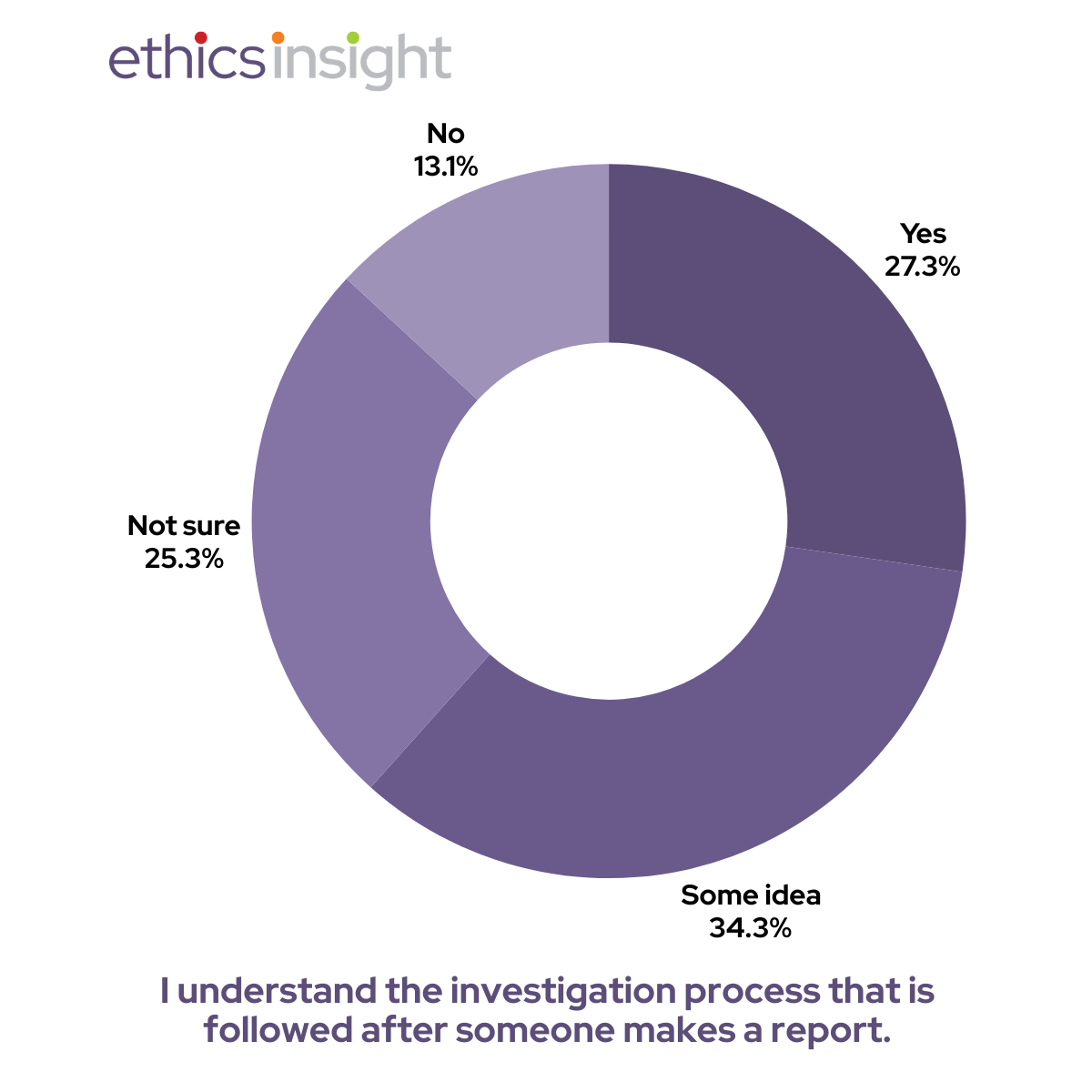Crime & Punishment
What better topic as Christmas nears (for many of us) than the vengeful Santa? I was contemplating introducing the spectre of Old Testament Santa when No. 2 got another slew of sanctions from his school. Something stopped me from saying, “You’re on the naughty list.” What was it again? Ah, yes, hypocrisy.
Many of the things he gets in trouble for are things I did. There are two distinct differences between Luke’s situation and mine:
💡 Different times
💡 I was better at not getting caught
My brother and I are slowly (drip-by-drip) clarifying our parent’s decade-old mysteries. Like, why did our conspiracy theorist neighbour believe the lizard people were trying to assassinate her? We used her TV aerial for air rifle target practice. How did we get a sugar hit in our otherwise sugar-free “The Good Life” home? We downed Calpol and gripe water from the medicine cupboard. Why did a dog with an otherwise robust constitution once decorate the kitchen in spray 💩? My seven-year-old brother made an Irish coffee, didn’t like it, and gave the rest to the dog. Why did we assault a diplomatic vehicle and get detained by the police? That’s a story for another day. (Don’t judge; it was the 1980s when leaving a 10-year-old and a 7-year-old alone all day in a smallholding with firearms, machinery, alcohol, and pyrotechnics was still okay).
The parent-child pact was quite simple: my brother and I had colossal freedom (out of the house early and told to return by sunset), and in return, we were not to a) die or b) get caught. If we got caught, we’d wish for a).
Luke’s existence has little of that adventure. So, can I blame him for finding it all so dull?
As I drew breath to start lecturing Luke, this litany of horrors I committed scrolled through my mind like a near-death flashback in a movie. The waves of hypocrisy flooded my amygdala. I decided to ask him for his take on the week’s rap sheet:
🤔 Running out of class (Why? “It was boring.”)
🤔 Defending himself against a bully (Why? “You taught me how to, so I did.”)
🤔 Replacing words in a hymn with “bumhole” (Why? “Because it made people laugh.”)
🤔 Writing the same word in his spelling book (Why? “Because I can already spell ‘shimmering’.”)
🤔 Making a gun with his fingers and ‘shooting’ people in church (Why? “Because it’s the game we were playing at break time [before Church]”).
My wife and I were hauled into another meeting with the head teacher and Luke’s form teacher. The lecture followed, and threats of suspension loomed. Usually, when dealing with people who are a) just doing their job (sometimes unthinkingly) or b) enjoying their power trip, I listen to the sermon and wait for it to end, then leave. But, this time, I didn’t. All the ‘violations’ above confer a “Step 2” punishment, where the child is banned from all playtime and made to sit in the head teacher’s office (thereby creating even more caged animals). That 80% of Luke’s classmates routinely get Step 2 punishments would suggest it’s not working.
I asked the teachers in what universe a physical fight is the same violation as singing “bumhole”? The po-faced reply, “Words are violence too.” Maybe, if you’re talking about the vicious social media trolling and pile-ons. Perhaps if you’re talking about a systemic and personalised attack on (an)other(s). But, here, no. A hymn about bumholes is most definitely not ‘violence’.
How is using your hand as a gun a Step 2? I asked. “We do not allow children to recreate systems of violence, especially not in a place of worship.” Okay, so ignoring the millennia-too-late attempt to separate religion from violence, pew-pew games might be undesirable, but are they so admonishable?
I realised I was speaking to well-drilled HR party lines. We weren’t making any progress through reason or logic. We could use a revelatory tactic and consider the offences from the perspective of the population the school seeks to control: kids. How are these violations all considered of equal severity to a kid? They couldn’t answer that question cogently. A small concession: The school has agreed to consider creating a more precise tariff/punishment schedule. Suspension averted, for now.
But I still needed to explain this nonsensical system to Luke: “Some rules may be confusing. Treat school like a job: do it well, follow their rules, don’t get in trouble, and we’ll make sure outside of school is useful and fun.”

So, we’re not doing a great job explaining crime and punishment in schools. What about in the workplace? Violations that were once excused with that awful word ‘banter’ are now (sometimes but sometimes not) career-ending (unwise tweets to harassment). Complex issues we dodge, like how to comply with zero tolerance on facilitation payments or modern slavery in supply chains. Sustainability we might fudge (perhaps for noble reasons, like a genuine attempt to calibrate trade-offs). In other words, the levels of right and wrong are often still unclear.
If our tariffs for violations are unclear, can we honestly explain the investigative process? What happens when someone speaks up, or an issue is uncovered? We need clarification here.
In one recent project, we asked the company’s workforce (among other things) if they agreed with the following statement:
🚦 I understand the investigation process that is followed after someone makes a report.
The results (above) are the best scores we’ve seen. But they are still far from perfect.
As we straddle the same generational shifts (as parents) in workplaces, coupled with an increasingly disjointed (from reality) bureaucracy and HR empire, might it be time to see things from the employee perspective? We’re not on the same page on most things (WFH to acceptable constructive criticism). How can we create risk-aware and collaborative cultures that tackle genuine complexity (fraud, AI, sustainability, etc.) if we can’t articulate the hierarchy of severity (compellingly)? How can we ask people to trust us if we don’t explain how we assure and protect that trust?
